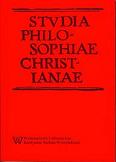
We kindly inform you that, as long as the subject affiliation of our 300.000+ articles is in progress, you might get unsufficient or no results on your third level or second level search. In this case, please broaden your search criteria.

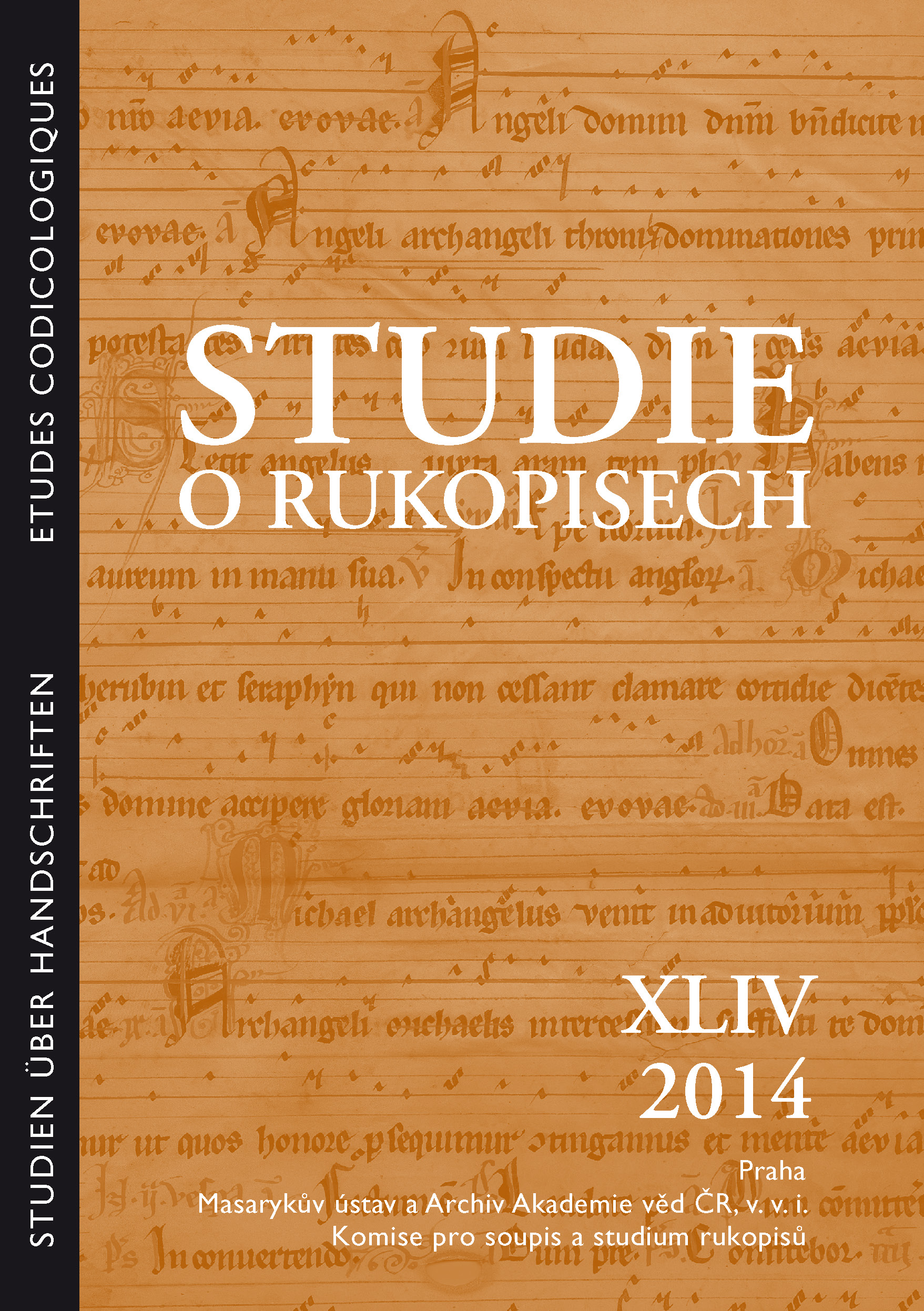
The 14th century Lumen anime, a collection of materials for sermons introduced by short scientific statements, is known through several versions (Lumen A, B and C). A further version is presented here as Lumen D, the Proprietates rerum naturalium adaptatae sermonibus de tempore, which has not been recognized so far. A new overview of the manuscript tradition is given, adding 35 copies to the existing lists (R. & M. Rouse, N. Harris), which brings the total amount of manuscripts to 205. The text has been especially successful in Central Europe, with a majority of copies in Bavaria, Austria, Bohemia and Poland. Medieval provenances are, when known, linked most often to contemplative orders (Benedictines and Cistercians) or canons (Augustinians, Premonstratensians). In an epilogue, the attribution of Lumen A to Berengar of Landorra, archbishop of Compostella, is discussed and several arguments are advanced against it. The appendix gives a complete list of manuscripts of the Lumen anime.
More...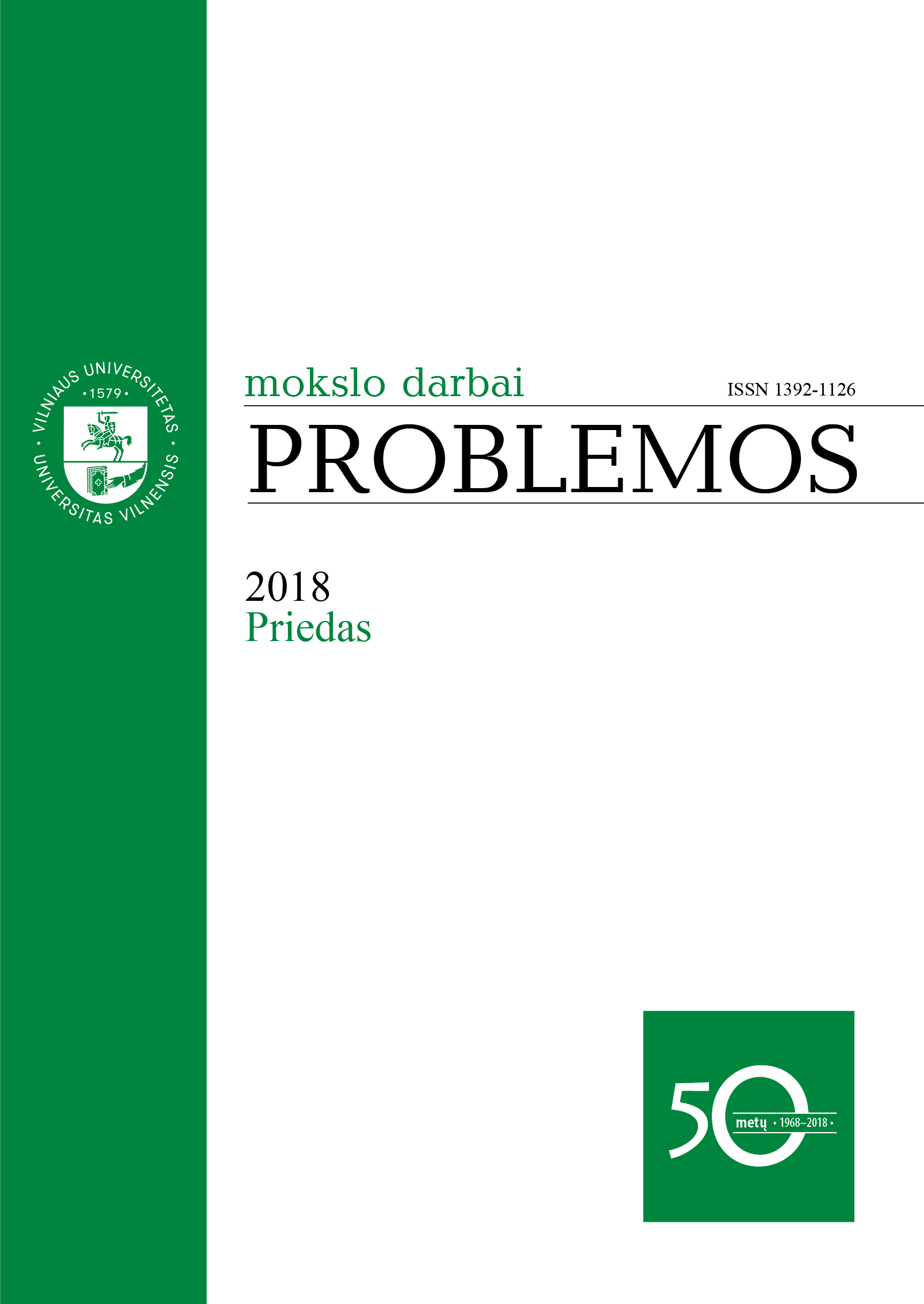
Šioje vietoje šventasis Tomas, sekdamas Boecijaus nuomone, dėstoma veikalo Apie filosofijos paguodą penktosios knygos paskutiniame skyriuje, pateikia teigiamą atsakymą, kurį paremia šiais pagrindais (tiesa, jo paties išdėstytais ne tokia pačia tvarka).
More...
Toliau pateikiami tekstai – du pirmąsyk į lietuvių kalbą išversti lotyniškosios filosofijos šaltiniai, priklausantys vėlyvųjų viduramžių – Renesanso epochai: tai Ričardo Lavenhamo (Richardus Lavenhamus, fl. 1380, gimimo ir mirties datos nežinomos) nedidelės apimties veikalas „Apie būsimų įvykių baigtį“ (De eventu futurorum) ir Luiso de Molinos (Ludovicus Molina, 1535–1600) traktato apie laisvą apsisprendimą (Concordia liberi arbitrii cum gratiae donis [...]) ištrauka.
More...
Translated from Sancti Thomae de Aquino Quaestiones disputatae de veritate, quaestio XIV. Textum adaequatum Leonino 1972 edito ex plagulis de prelo emendatum ac translatum a Roberto Busa SJ in taenias magneticas denuo recognovit Enrique Alarcón atque instruxit http:// www.corpusthomisticum.org/qdv14.html Translated from Latin by Professor dr. Gintautas Vyšniauskas, Klaipeda University.
More...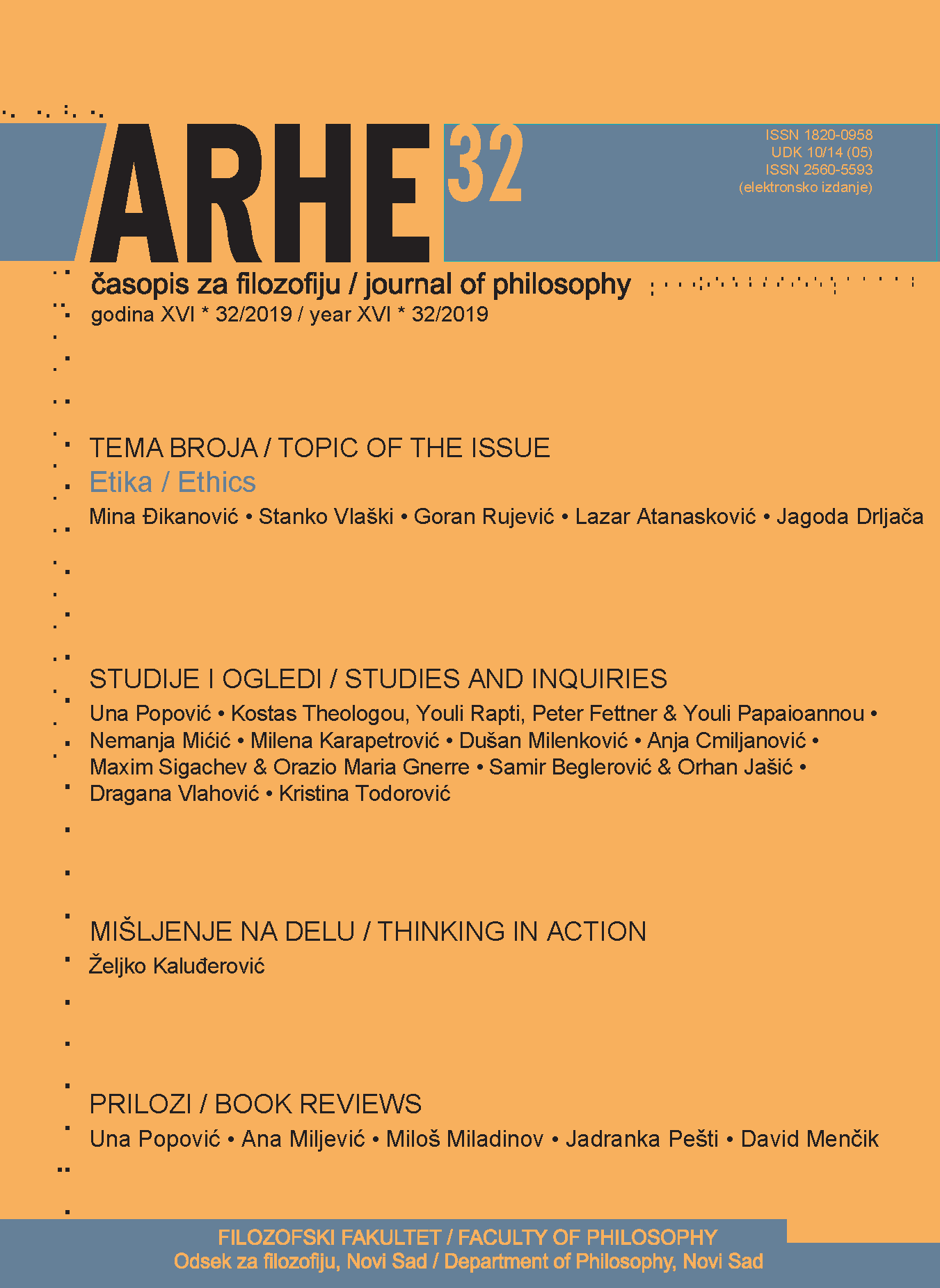
The topic of this paper is Augustine’s theory of signification. Analysis will show that Augustine’s theory of signification is different from the traditional theories in view of its domain and its focus on the problem of meaning. Augustine’s theory of signification is orientated on verbal, and non-verbal signs, as well as the language of the Holy Scripture. Also, he claims that meaning has to be immaterial, and therefore the problem of signs cannot be resolved in the domain of created beings. The results of this paper are inferred through comparative analysis of key Augustine’s texts about this topic, and by taking into account that his theory of signification had a religious background.
More...
The answer to the question whether Dionysius the Areopagite was a Neoplatonist, a Christian or both determines the interpretation of his writings. In this paper, I will try to demonstrate what Dionysius has to say about the relationship between theology and philosophy. I claim that Dionysius should initially be understood as a Christian; however, he does not exclude the role of philosophy in our attempts to achieve some kind of knowledge of God. According to Dionysius, theology and philosophy are in perfect harmony, because they have the same intention, to tell us something about the primary cause of everything (God). However, the only thing that can be established about this primary cause is that it goes beyond all our possibilities of knowing. Dionysius calls this truth about God aphophantic truth, and we can find the roots of this idea both in philosophy (especially in philosophy of Proclus) and in Christianity.
More...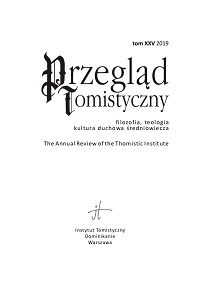
In several recent studies, with respect to its sources and development, Albert the Great’s theory of intellect has been treated mainly on the basis of works already available in critical editions. However, Albert’s most important work on the theory of intellect, De intellectu et intelligibili, is not yet available in a critical edition. It is therefore not surprising that there is as yet no adequate account of his theory’s development, sources, and structure. A re-reading of the theory in light of Albert’s complete works affords some interesting insights into those subjects, as well as into other questions regarding its content and form. The following contribution seeks, on the one hand, to illumine the systemic coordinates and doctrinal elaboration of Albert’s theory of intellect in its mature form and, on the other hand, to discuss Albert’s answer to the question of whether the nature of intellect is either superindividual and common to all human beings or particular and individuated. In so doing it seeks to clarify, relative to his earlier and later writings, both what remains constant and what undergoes modification among Albert’s doctrinal perspectives in this work.
More...
The problems of joy in the work of Saint Bonaventure of Bagnoregio have a definitely theological context. And although we can find a careful separation in his works between the ultimate joy (happiness of the saved) and secular joy which is directed to worldly and sensual goods, it is impossible to describe the Bonaventurian concept of joy without frequent and numerous references to theological problems. So, the concept of joy appears in the contexts of Christian life, monastic issues, ascetic practice, etc., as one of the stages (though as we show, not the last one) of climbing up in human spiritual development. Bonaventure claimed that human joy — as a psychological experience, a volitional act aimed at its object (good), emotion — is not a morally neutral experience. The experience of joy is subject to moral evaluation depending on the relation in which the subject of this experience remains to Infinity.Bonaventure left many fragments describing earthly joy, but since they are scattered over many of his works, they do not make up a compact description. Hence, this article attempts to reconstruct the Bonaventurian concept of joy and argues that Bonaventure developed a coherent concept of joy (resulting from Franciscan spirituality) in its dynamic, not static approach. The three subchapters of the article intend to show human experience of joy in its development from simple acts of sensual joy (part 1), by denying joy within the world-contempt (part 2), to achieve “perfect earthly joy” that is only possible after achieving the proper spiritual dispositio.
More...

It is certain that the issue of recognition and the ideologically simplified Enlightenment mainstream are clearly in conflict. This conflict also played a decisive role in the notorious controversy between Rousseau and Voltaire. Nevertheless, we do not focus on this contradiction, although the ideologically simplified Enlightenment demonstrably avoids any thematization of the problem of recognition. // We are reconstructing here a Rousseau, who was a philosopher of recognition. This means that the problematic of recognition is, in a global way, behind any really relevant philosophical approach of Rousseau.
More...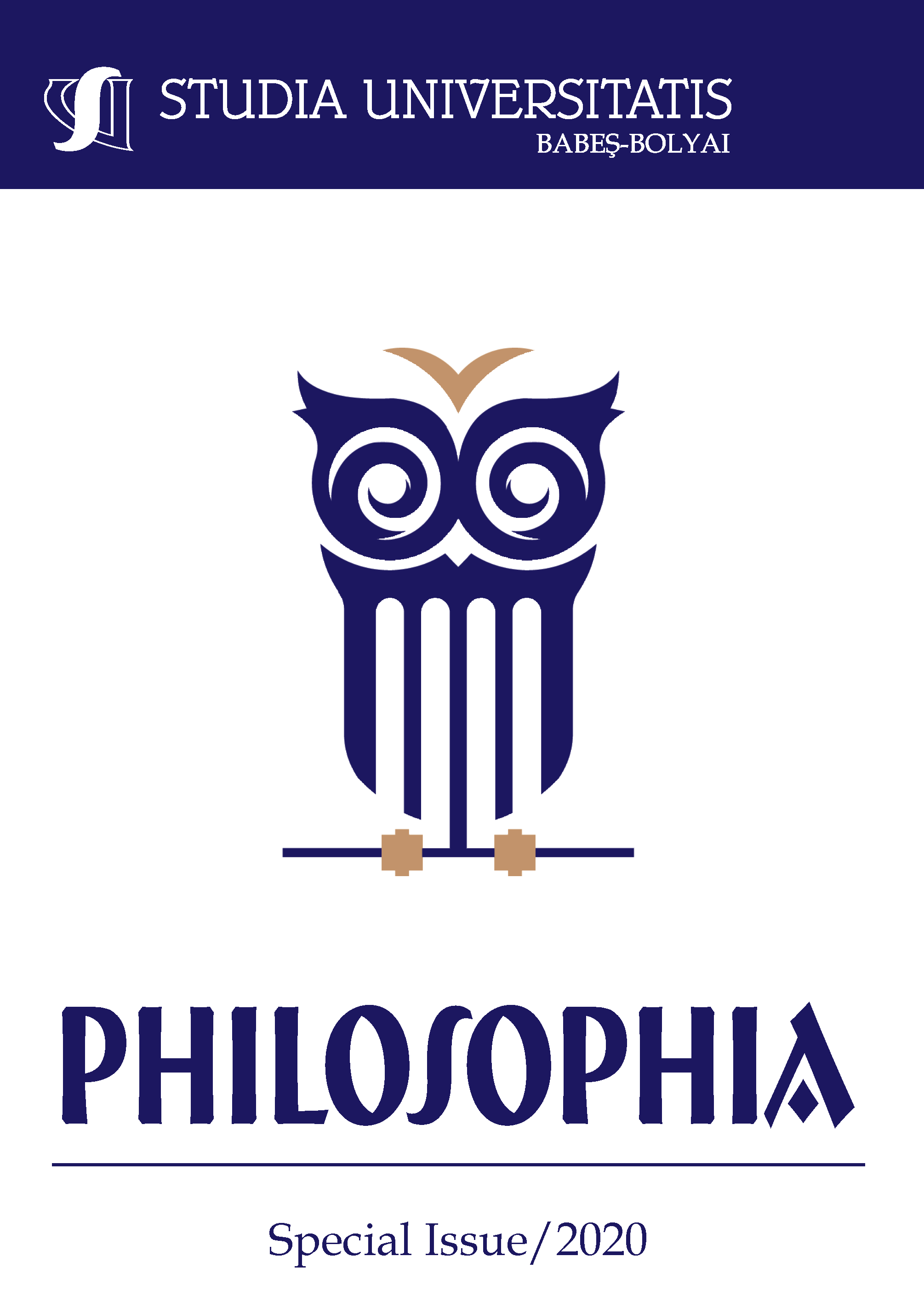
A Short Modern History of Studying Sacrobosco’s De sphaera. The treatise generally known as De sphaera offered at the beginning of the 13th century a general image of the structure of the cosmos. In this paper I’m first trying to present a triple stake with which this treaty of Johannes de Sacrobosco (c. 1195 - c. 1256). This effort is intended to draw a context upon the treaty on which I will present in the second part of this paper namely, a short modern history of studying this treaty starting from the beginning of the 20th century up to this day. The first stake consists in the well-known episode of translation of the XI-XII centuries in the Latin milieu of the Greek and Arabic treaties. The treatise De sphaera taking over, assimilating and comparing some of the new translations of the texts dedicated to astronomy. The second Consists in the fact that Sacrobosco`s work can be considered a response to a need of renewal of the curriculum dedicated to astronomy at the University of Paris. And the third consists in the novelty and the need to use the De sphaera treatise in the Parisian University’s curriculum of the 13th century.
More...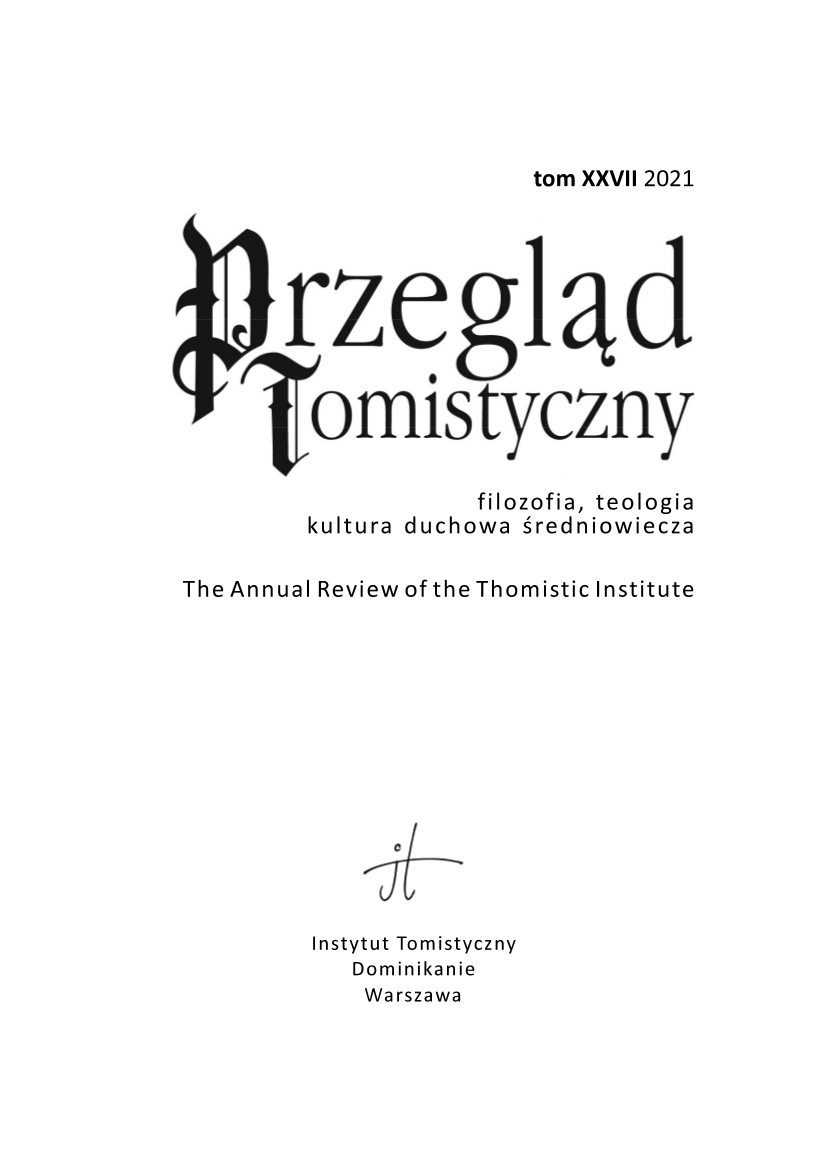
The critical edition of Alfred of Sareshel’s commentary on Aristotle’s Meteorology, based on all currently known and extant manuscripts (Durham, Chapter Libr. C.III.15, fol. 11v-18r; Paris, BnF lat. 7131, fol. 82v–85r; Oxford, Bodleian Libr., Selden supra 24, fol. 84r-113r), is incomplete. The editor of the commentary, James K. Otte, omitted a series of interlinear and marginal glosses to the four books of Meteorology contained in their oldest and most important MS Selden supra 24 of the Oxford Bodleian Library, including all glosses to Book IV 9–12, 385b–390b19. Otte assumed that Alfred’s commentary in this manuscript is incomplete and ends in fol. 109r. In order to recover the entirety of Alfred’s surviving commentary and make it available to researchers of the history of medieval philosophy and its sources, an attempt was made to record and reconstruct the glosses overlooked and omitted by James K. Otte, which are hereby published in the form of a supplement to the critical edition of Alfred’s commentary.
More...
A significant part of St Thomas’s quodlibetal questions is devoted to moral issues. The very fact of their presence and frequency encourages us to question their general characteristics and their relation to other Aquinas’s ethical writings. Many of the gems of Thomas’s moral considerations as espoused in his Quodlibets can be explained by their literary genre, especially by the influence of their audience on the topics dealt with in them. As quodlibetal questions reflect the expectations and interests of their audience, it is obvious that they must touch current and urgent issues, constituting the body of themes comparable to contemporary publicist and world-view discussions. The topics discussed by Aquinas in his Quodlibets are centred around five notions: power, obedience, family law, circulation of money and goods, and the academic profession. The focus on those concepts and particular problems implicit in them is accompanied by an almost total absence of theoretical ethical issues (virtues, law, action in general etc.). Apart from the topics, there are some elements in the solutions of particular questions that recur in Aquinas’s Quodlibets and they seem to constitute a kind of a framework of his normative ethics: Thomas always shows the complexity of moral questions and rejects simplistic solutions; he places the emphasis on the consequences of our decisions in the wider social perspective (advices to avoid the scandalum, even if our conduct is justifiable in itself); he prevents from the destruction of the actual state of affairs in the name of a sudden and total moral revolution.The listed features of Aquinas’s ethical reflection from his Quodlibets, although they are not totally absent in his remaining writings, seem to adequately characterise their contents and distinguish them. Ultimately, they seem to justify speaking about the ethics of Thomas’s Quodlibets.
More...
Saint Thomas Aquinas did not produce a separate, systematic consideration of the concept of human dignity. Instead, he dealt with the phenomenon of dignity while discussing other issues. This article attempts to reconstruct the concept of dignity on the basis of those passages in the works of St. Thomas that are most representative of his understanding of this idea. Among the various meanings that St. Thomas ascribes to the term in his works, the most fundamental and general is the understanding of dignity as ‘goodness in itself ’, as opposed to ‘utility’, which is goodness for the sake of something else. Relating this understanding of dignity to the human person, we can distinguish two varieties of dignity that are crucial to anthropological and moral reflection. The first variety is dignity understood as the subsistence in rational nature that makes a rational creature exist in itself and for its own sake and therefore constitute an end in itself. This variety of dignity is referred to in our times as the inherent dignity of every human person. The second is dignity understood as the goodness of a person’s moral character, which consists in living in conformity with reason, that is, with the rational order of the teleology of human nature. These two meanings and aspects of dignity are not explicitly or radically distinguished by Thomas and this is an indication of their interrelatedness. The reason for this interrelatedness may be the teleological dynamism of a rational nature, which underlies both of these aspects of dignity. In fact, dignity itself is characterized by teleological dynamism. This, in turn, makes it possible for dignity thus understood to be enlarged or diminished. Morally evil behavior is contrary to the realization of the telos or end of human nature and thus to the teleological character of the dignity of the person who acts wickedly. Depending on the degree of the moral evil of his actions, a human being brings himself to various levels of loss of his dignity. It is possible to lose a critical degree of dignity as a result of shameful conduct, which constitutes a departure from the order of reason and leads to a kind of brutalization of the human being. Human persons should never be treated merely as means to anyone’s ends because of their dignity. Yet the more a person loses his dignity, the more he himself ceases to be protected by it from utilitarian treatment. For this reason, a just punishment does not violate the dignity of a human being. That is because such a punishment is fitting for an act by which the perpetrator has divested himself of a critical scope of his own dignity. It is within this framework, pointing out the loss of dignity, that Aquinas explains the moral permissibility of the death penalty. The death penalty may seem to present some challenges to the coherence of his conception of dignity, but this article attempts to interpret Thomas’ position in such a way as to demonstrate its internal coherence and thereby reveal the understanding of dignity that emerges in its light. The model of dignity presented by St. Thomas can also be expressed as a person’s capacity to live in accord with reason, that is, his capacity for morality and the actualization of that capacity. Dignity in this sense is a determinant of the privileged position that is occupied by human beings in the hierarchy of all the beings in the universe. The cause of a human being’s existence, and thus the source of his dignity, is the fact that he is created in the image and likeness of God. Therefore, the different manifestations of God’s image in human beings, and the stages of its further realization or obliteration — which Thomas distinguishes and interrelates — are at the same time different stages in the development or loss of human dignity.
More...
In what follows, I examine the views of Metropolitan Amfilohije’s views on St Gregory Palamas and Orthodoxy, primarily focusing on his PhD thesis, which was defended at the University of Athens, Faculty of Theology in 1973, and published in Thessaloniki in the same year. I claim that his views there not only show him defending Palamas, but also highlight the need for a strengthening of Palamism in Greece and abroad. Some of the problems, which he identified in 1973, exist in Orthodoxy today and his suggestion that all contemporary Orthodox intellectuals should persist in the Philosophy and Theology of Palamism seems to be the only way to solve these problems, even today.
More...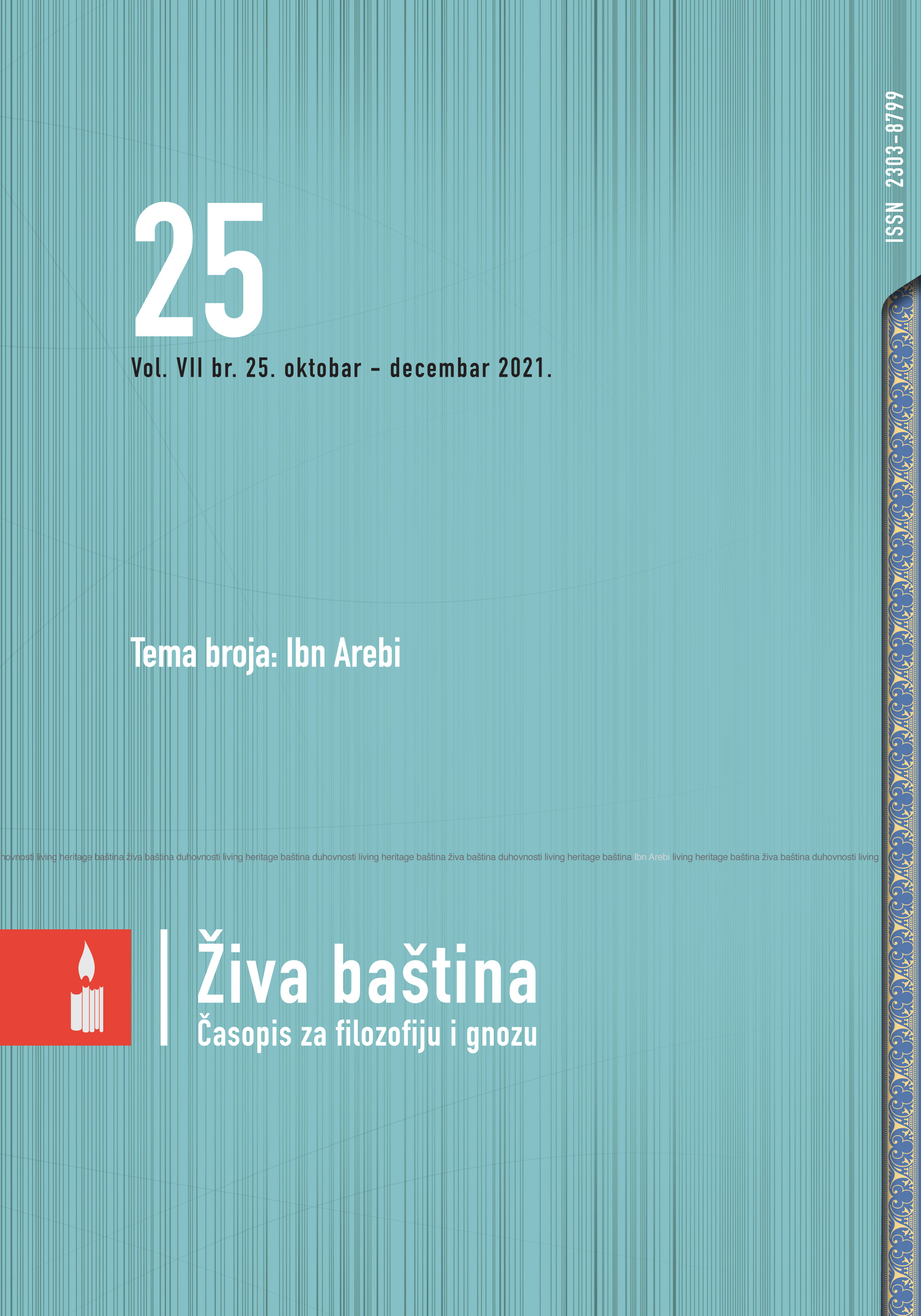
This text discusses the life and work of the Persian philosopher Afdal al-Din Kāshānī, also known as Bābā Afdal. According to the author’s opinion expressed elsewhere, he is the most important Islamic philosopher and the person who actually embodies the Islamic philosophical tradition. The life of this contemporary of Suhrawardī al-Maqtūl, Ibn Rushd and Ibn al-‘Arabī is first discussed, but the information about him is scarce. Next, the teachings of Bābā Afdal are presented. His aim was to clarify the nature of the search for wisdom that must inspire any philosophy worthy of that name. For him, philosophy is a way of life that includes training the soul and acquiring virtues. In (with) his writings, he sought to inspire a longing for the source of meaning, and that is the intelligence that lies at the heart of wisdom. The way in which he interprets his views is especially interesting, since direct language that goes to the heart of things prevails. After that, Persian philosophy and the challenges of translating Arabic technical terms are discussed. In the following part, the author gives brief descriptions of all the known writings by Kāshānī, arranged in six categories, mentioning also forged works. Perhaps paradoxically, the very fact that Bābā Afdal wrote primarily in Persian explains why he remained somewhat unknown within the Persian philosophical tradition itself. Hence, the importance of this work is reflected in the presentation of this almost unknown figure in the history of Islamic philosophy, especially in the Bosnian-speaking area.
More...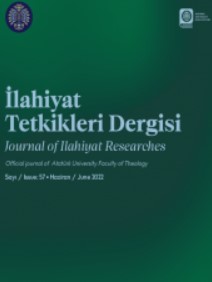
Review of: Emrah KAYA - Samar Attar. Review of the Vital Roots of European Enlightenment: Ibn Tufayl’s Influence on Modern Western Thought. translated by Ayşenur Alper. İstanbul: Albaraka Publications, 2021.
More...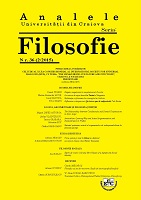
In this article I will emphasize the distinctions made by Abelard between some ethical concepts very closely related to each other but which do not be confounded: vice, sin, will for evil, evil intention, accomplishment of sin and guilt. So vice is a habit of the spirit that inclines man toward sin without necessarily determine its committing; sin is the acquiescence of spirit to evil, and it has as a principle the human imperfection; will for evil is not the same with sin, because sometimes the will is there, but it not leads to acquiescence and sometimes man sins involuntary, but forced by circumstances; evil intention, although always involves the will for evil, it is different from this by its power and determination, and because it is always engine of a concrete action; accomplishment of sin is its fulfillment in practice, but adds nothing to the gravity of committing the sin in mind, because sin belongs to the spirit; but guilt is always involved by sin. Also, I will call into question Abelard’s point of view about evil deed without guilt, so without sin, and, in close connection with all these concepts, I will highlight Abelard’s conception about human responsibility, about divine punishment and the ways which man can acquire forgiveness from God.
More...
Translated from Ioannis Saresberiensis episcopi Carnotensis Policratici sive De nugis curialium et vestigiis philosophorum libri 8; recognovit et prolegomenis, apparatu critico, commentario, indicibus instruxit Clemens C.I. Webb. 1909. Oxonii E Typographeo Clarendoniano https://archive.org/details/ioannissaresberi01johnuoft/page/n13/mode/2up Translated from Latin by Professor dr. Gintautas Vyšniauskas, Klaipeda University.
More...